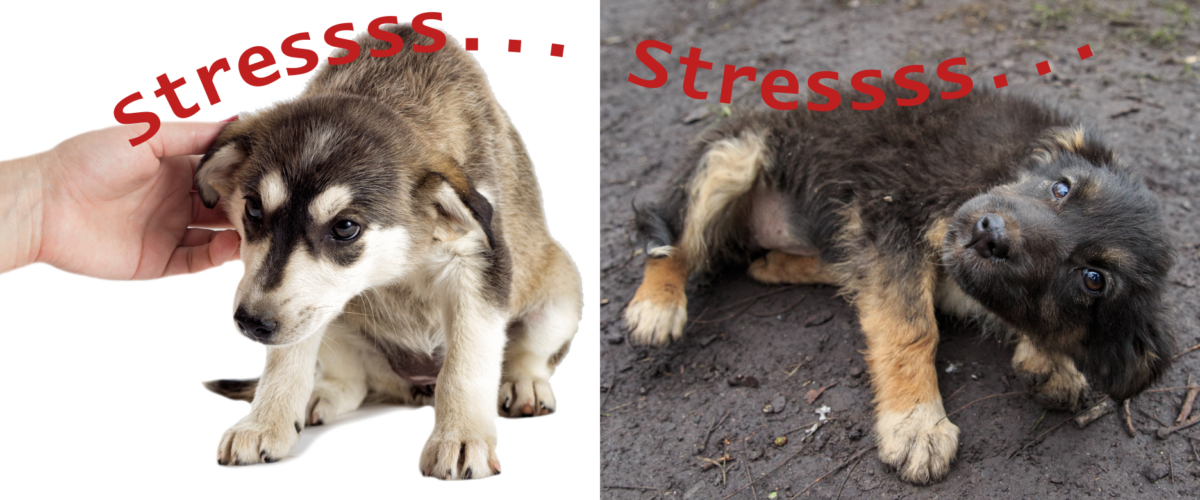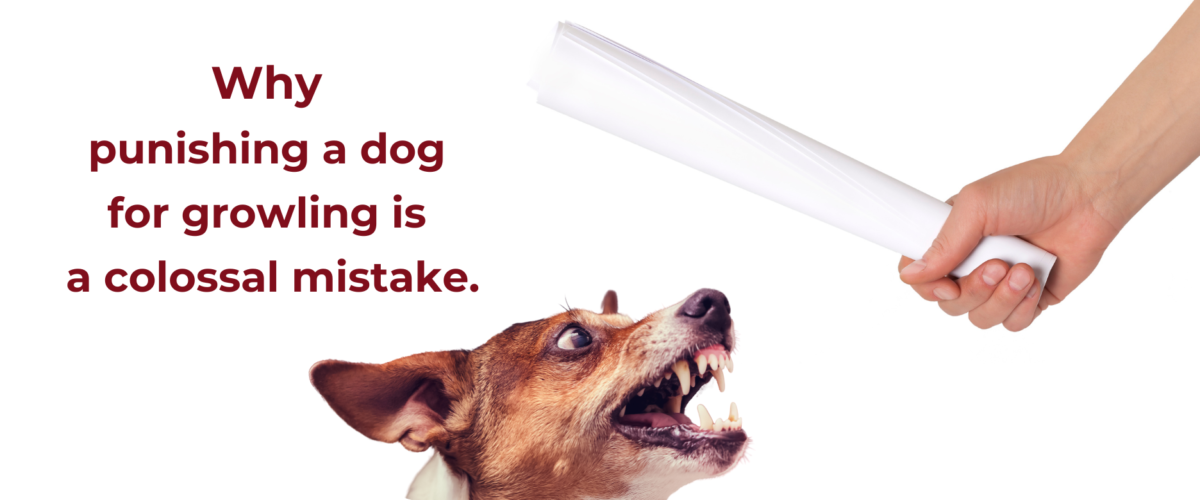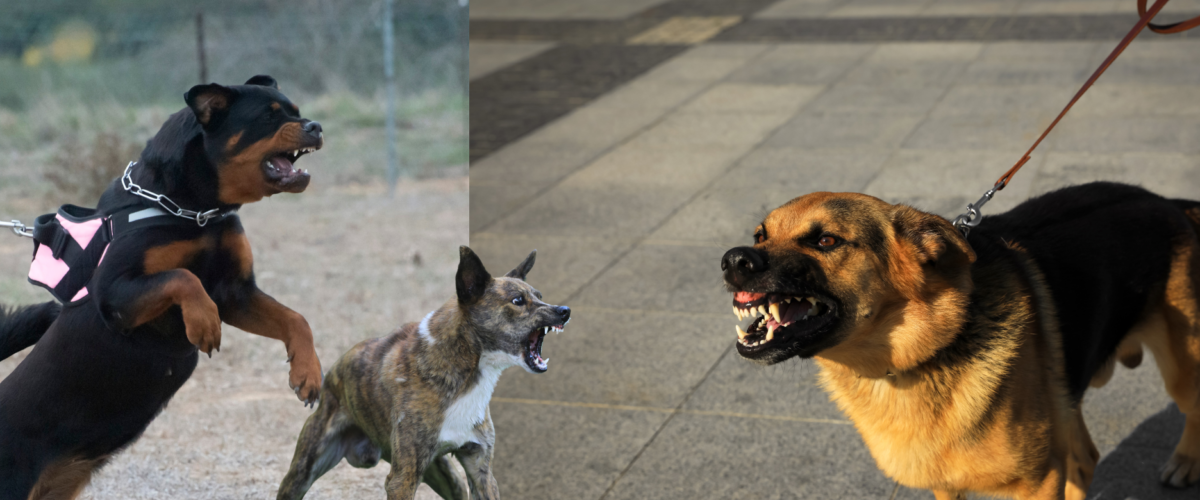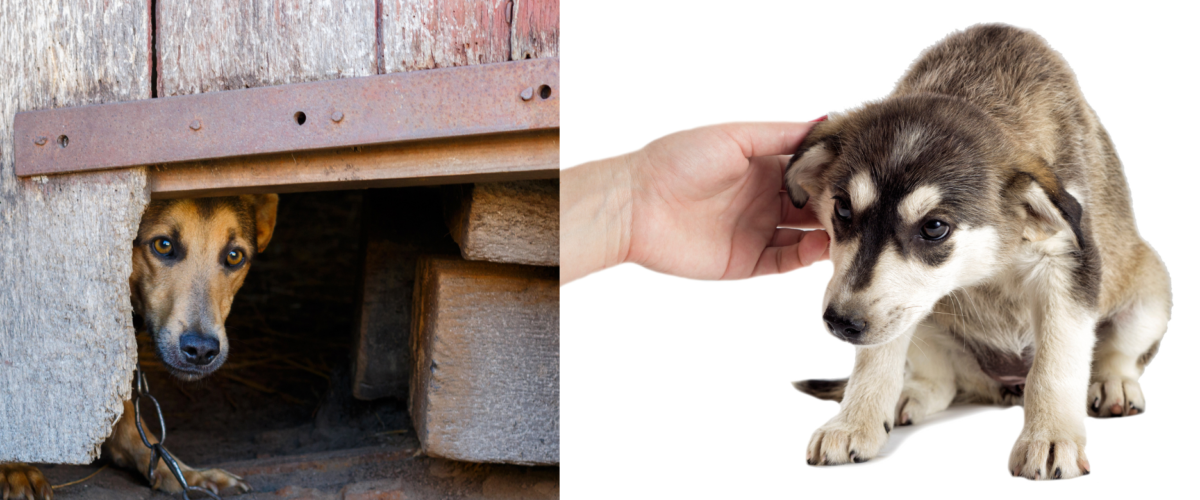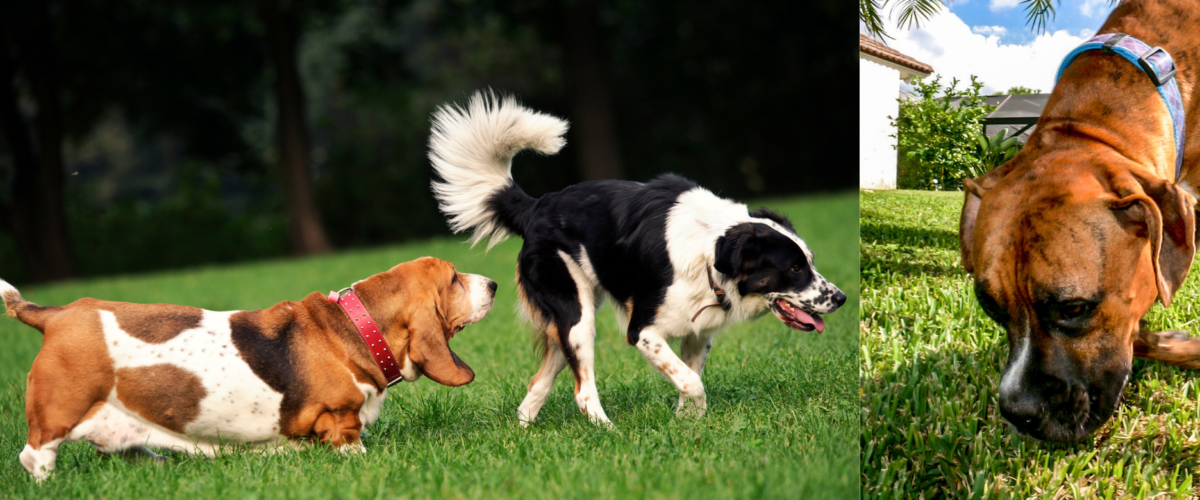
Dog needs and dog anxiety
We actually have a lot more in common with dogs than we realize. There's so much that brings us together rather than pulls us apart. Our desires and needs regarding existence and social interaction are similar.
We all desire a place to call home and connections with those we care about. We want to love and be loved, to have our thoughts, needs, and wishes considered, to enjoy being near the people we care about, and to share time with them. There's a distinction here: while people often love hugs and embraces, dogs find that overwhelming. They'd rather have a belly rub or lie next to someone so they can feel their presence.
We should aim to be valuable members of our community. Most dogs do their best to meet their responsibilities, but these can vary based on the breed. For instance, some dogs are all about alerting us to any potential danger, while others might take on the role of guarding the home. Then there are sheepdogs, who are great at keeping the family together during walks. ... Read More


